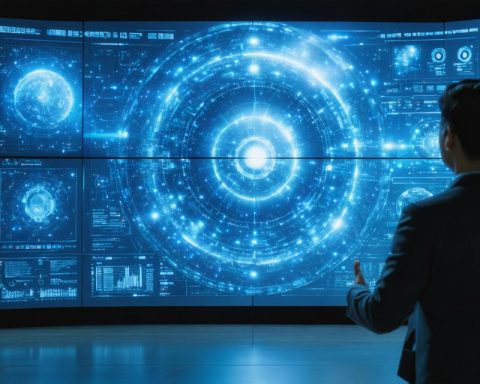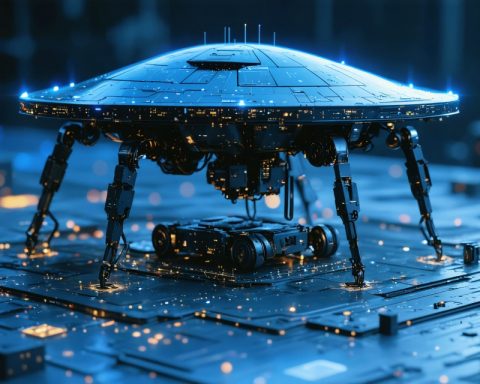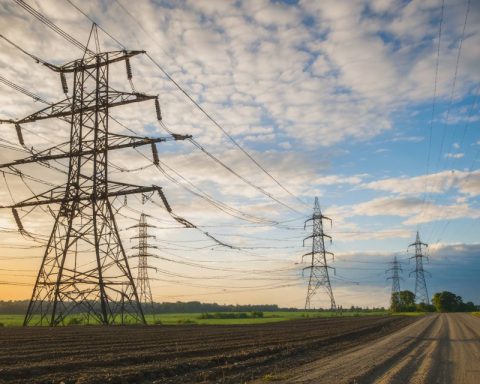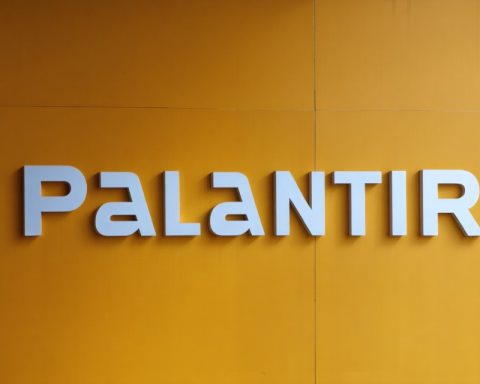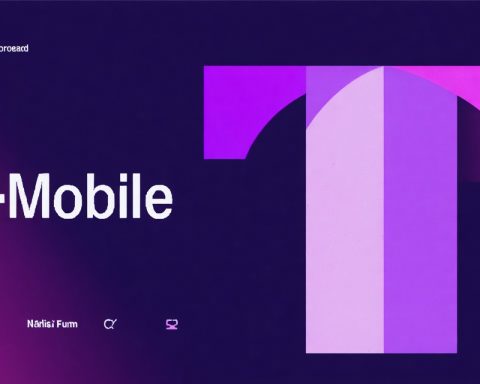In recent years, OpenAI has emerged as a leader in the artificial intelligence space, known for its groundbreaking research and innovative AI models like GPT-3. However, a question lingers among industry spectators: Is OpenAI actually owned by Microsoft? The answer is more nuanced than a simple yes or no.
To set the record straight, OpenAI is not owned by Microsoft. OpenAI was founded in December 2015 by high-profile tech enthusiasts, including Elon Musk and Sam Altman, as a non-profit AI research lab. In 2019, it transitioned to a “capped profit” model with the creation of OpenAI LP, a for-profit entity governed by the OpenAI Nonprofit. This change aimed to attract more investment while maintaining its commitment to ethical AI development.
So, where does Microsoft come into the picture? In July 2019, Microsoft invested $1 billion in OpenAI as part of a partnership to develop AI supercomputing technologies on Microsoft’s Azure platform. This investment made Microsoft a notable partner but not an owner of OpenAI. The collaboration allows OpenAI to access Microsoft’s cloud-based resources, while Microsoft benefits from integrating OpenAI’s technologies into its products.
Despite this tight partnership and Microsoft’s significant stake, OpenAI remains independent. The collaboration is mutually beneficial, with no ownership leverage. Therefore, while Microsoft is a pivotal partner, it does not directly own OpenAI, allowing the latter to continue its mission of advancing digital intelligence for the betterment of humanity.
The Truth Behind Microsoft and OpenAI: Untold Connections and Global Impact
Amidst persistent industry speculation, it’s essential to clarify that while OpenAI and Microsoft share a deep partnership, OpenAI remains independent and is not owned by Microsoft. This distinction is crucial for understanding how this collaboration is reshaping the AI landscape and its broader implications.
Expanding on this, Microsoft’s investment in OpenAI extends beyond financial support. It grants OpenAI access to Microsoft’s Azure cloud infrastructure—a boon for AI research, granting unprecedented computational power. But what does this mean for communities and countries worldwide?
With OpenAI leveraging Microsoft’s resources, the speed of AI development has accelerated, making advanced technologies more accessible. Communities benefit from innovations such as improved educational tools, enhanced healthcare diagnostics, and AI-driven solutions for environmental challenges.
However, this rapid AI evolution triggers controversies and debates. There are concerns about data privacy, ethical AI usage, and potential job displacement due to automation. Countries are grappling with framing legal frameworks to regulate AI responsibly, balancing innovation with societal impacts.
An intriguing aspect is Microsoft’s strategic gain; it incorporates OpenAI’s technologies into products like Microsoft Office and Azure, giving it a competitive edge. Yet, OpenAI’s independence ensures it’s not limited to Microsoft’s ecosystem, fostering a diverse AI application horizon.
Is the partnership a blueprint for future tech collaborations? Observers wonder if such alliances can spur innovation while safeguarding ethical considerations globally.
For more on AI innovations and ethical implications, explore OpenAI and Microsoft.

